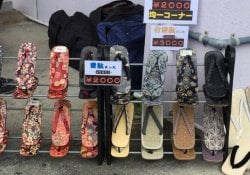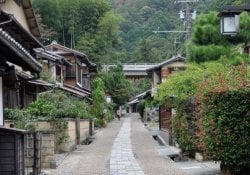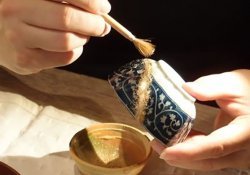The Japanese language is full of words that do not exist in any other language. Some of these words really represent how the Japanese are. In this article, we are going to look at 15 Japanese words that describe Japan and its culture.
Índice de Conteúdo
1. Genki [元気]
Genki [元気] is a common Japanese word meaning “energetic, cheerful and healthy”. Energy, enthusiasm and health are a unique concept in Japanese culture and it is present in that word.
That word is more important than just that. Is the word genki used as a greeting to ask if the person is okay? It says “Ogenki desuka” [お元気ですか].
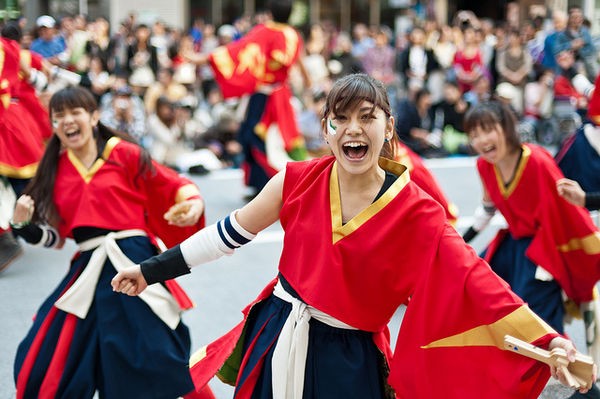
2. Mottainai [勿体無い]
Mottainai is the feeling of regret when you lose something or have a waste. It can be used to repudiate material waste but can also refer to the attitudes and actions of other people.
Japan is an island nation with few natural resources. Traditionally, the Japanese are careful not to waste food and to take care of the things they own. The word encompasses waste of any kind, even the emotional and spiritual.

3. Ganbatte [がんばって] - Do your best
Ganbatte is a word that can be translated as “do your best!”. It's the Japanese ethic of giving your all. In Japan, doing your best is highly respected. This explains why the Japanese love to work so much.
When the person is going through a difficult time and needs to fight, this word can be a good encouragement. We recommend reading: What is the true meaning of Ganbatte?
It can be translated as:
- Good luck!
- You can!
- Give your best!
- fight!
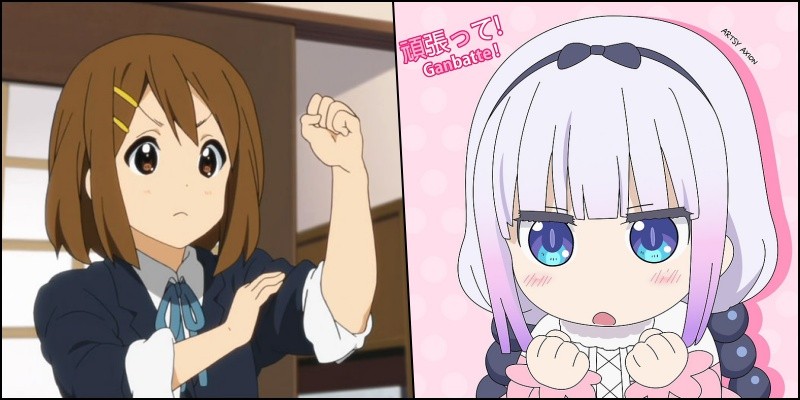
The article is still halfway through, but we recommend also reading:
Kawaii [可愛い]
Kawaii [可愛い] is a Japanese word that can be translated as cute and beautiful. It can be used as a compliment, but kawaii is also an aesthetic of Japanese culture and involves cute little things like pets, clothes, and even attitudes.
Everything in Japan is ridiculously beautiful, the term Kawaii is quite powerful and moves the Japanese industry, including lolita fashion.
We also recommend reading:
- Meaning of Kawaii - Culture of cuteness in Japan
- Meanings and differences between Lolita, Loli and Lolicon
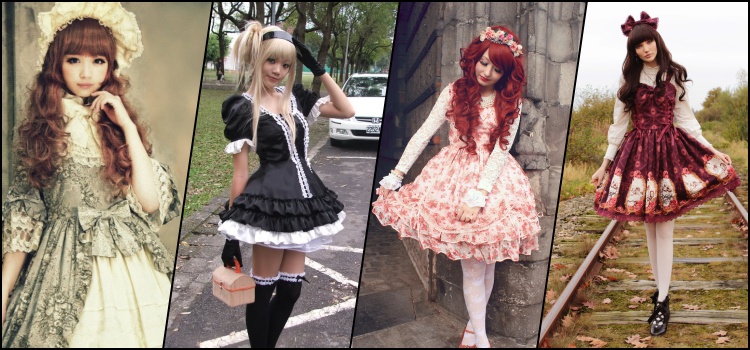
5. Otsukare [お疲れ]
Otsukare means “fatigue” and it especially refers to the hard work a person has just done and serves as a compliment. In Japan, it is highly respected to work until you drop. This expression shows how dedicated the Japanese are at work.
When people leave the office at night, they say Otsukaresama Deshita, which translates to "You're tired", but it means "Good job!" This is one of the most important phrases in the workplace.
We recommend reading: Japanese words and phrases for factory work
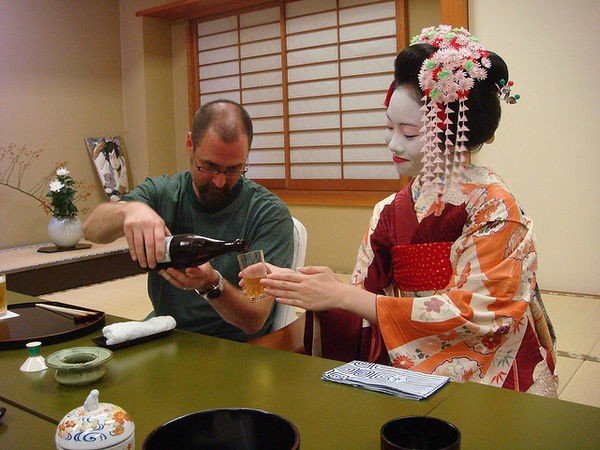
6. Shouganai [しょうがない]
Shoganai can be translated as "it can't be helped" or "nothing can be done". It's the Japanese philosophy of accepting your fate. It is used to explain why most Japanese people are not interested in politics.
This word indicates acceptance of things the way they are, it can encourage the person to move forward despite the problems that can be impacting. Thus showing that the Japanese accept problems instead of complaining and regretting.
Read also: Shouganai e Shikatanai – The culture of acceptance among the Japanese

7. Yoroshiku [よろしく]
Yoroshiku is the most difficult Japanese word to translate. The best translation available is “I count on your help, I count on your friendship”. It is used when you are going to interact in some activity with another person.
This word shows the formality and organization that the Japanese possess with each other. Before doing anything, the Japanese first confirm with each other and ask for all the support and collaboration with the word Yoroshiku.
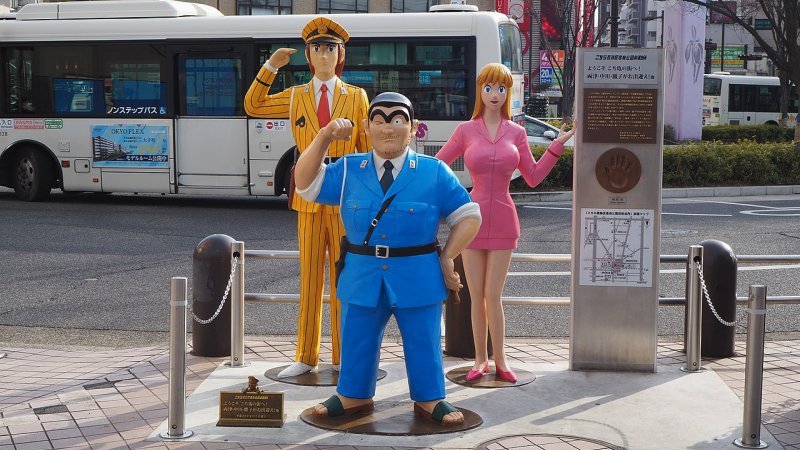
Itadakimasu [いただきます]
Itadakimasu can be translated as “Thank you for the food”, “Or I will receive it humbly”. This is said before a meal. This word thanks everyone who was responsible for the food, even those who planted and cultivated it, or the animal that became food.
Another example of politeness and gratitude that the Japanese have in their customs. After meals they also usually thank you with the expression Gochisousama Deshita.
Read also: Itadakimasu and Gochisousama - What is the real meaning?
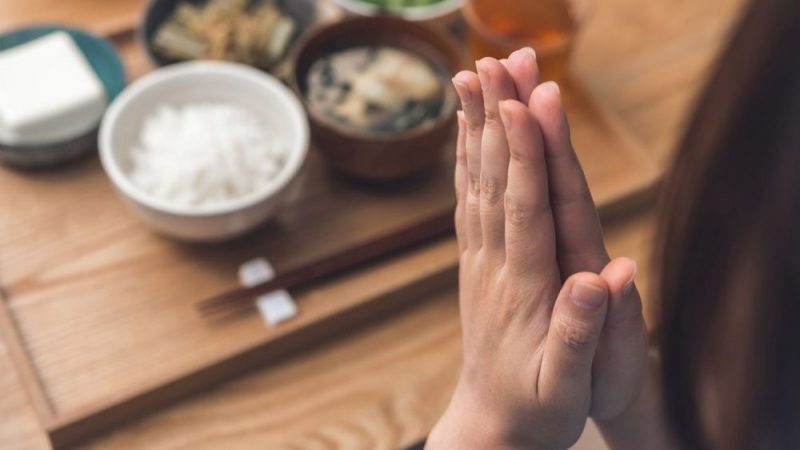
9. Arigatou [ありがとう]
One of the most well-known Japanese words in the world, but no wonder, the Japanese have a habit of saying thank you for practically everything, their education is a highlight of their culture.
The word arigatou comes from the adjective arigatai [有難い] which means grateful or esteemed, and which gave rise to the adverbial conjugation arigataku [有り難く]. In reality the origin is much more complex and can be seen in the article: 72 Ways to Say Thank You in Japanese.
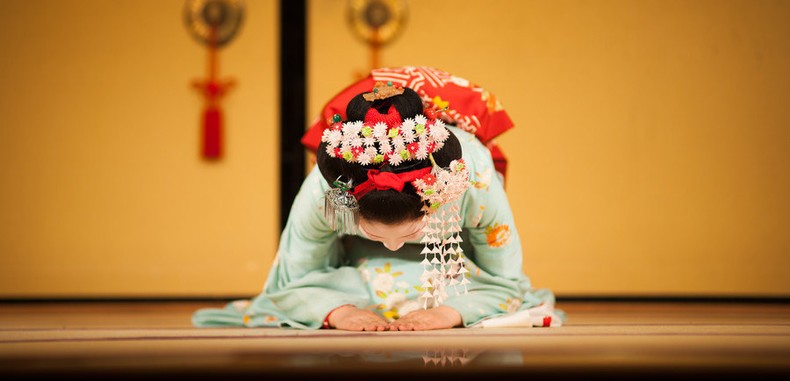
10. Banzai [万歳]
The word banzai literally means "10 thousand years of life." The word originated in the Meiji Era, when the Japanese would shout banzai in greeting to their emperor during war. Nowadays, banzai can be translated as "Long live," "Long life," "Hurrah!"
Nowadays, the Japanese shout "banzai" three times at festivities, it is a peaceful and joyful expression. This word shows how united and nationalist the Japanese are.
Read more: What does banzai mean? How did this expression come about?
These were the 10 Japanese words and how they represent and describe the Japanese, Japan and their culture. I hope you enjoyed the article, if you liked it share and leave your comments.


